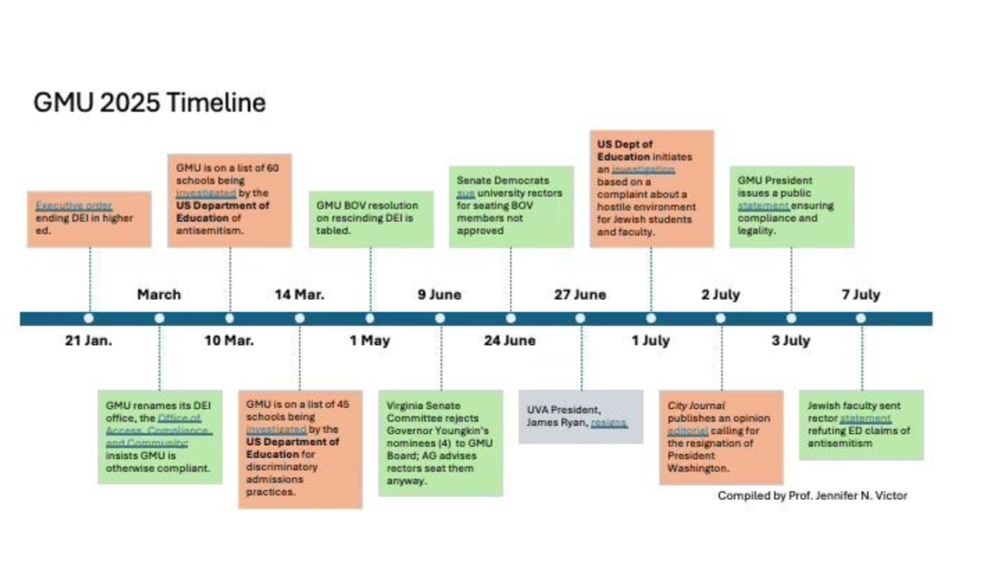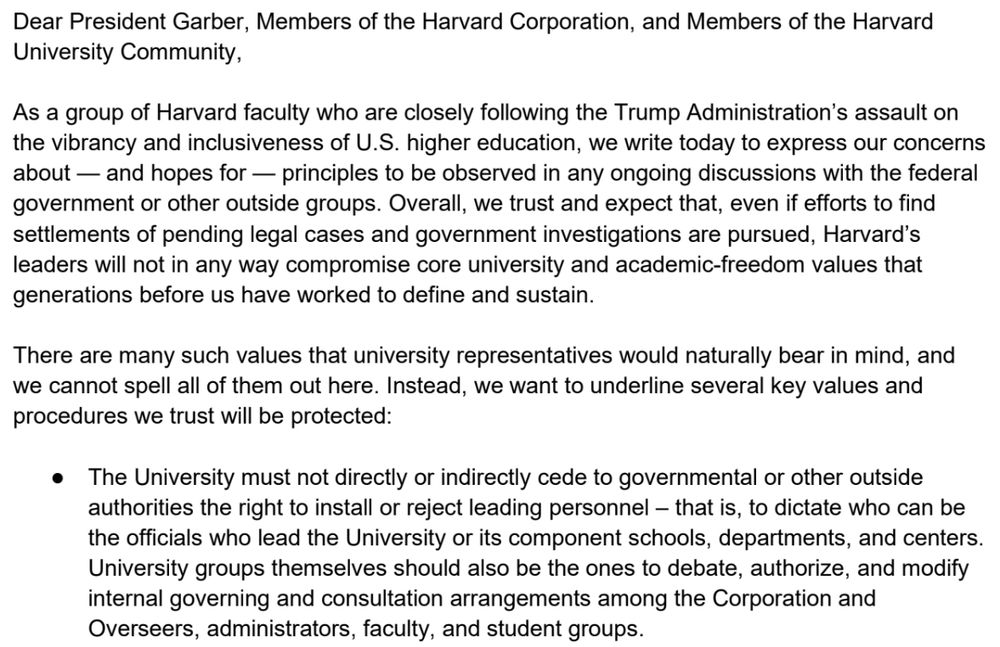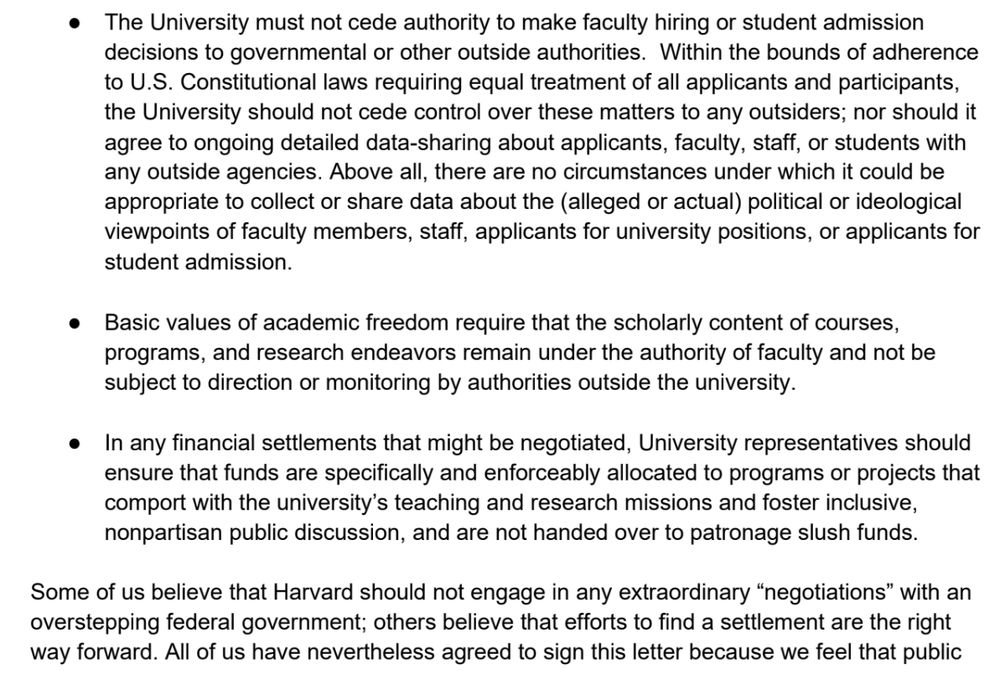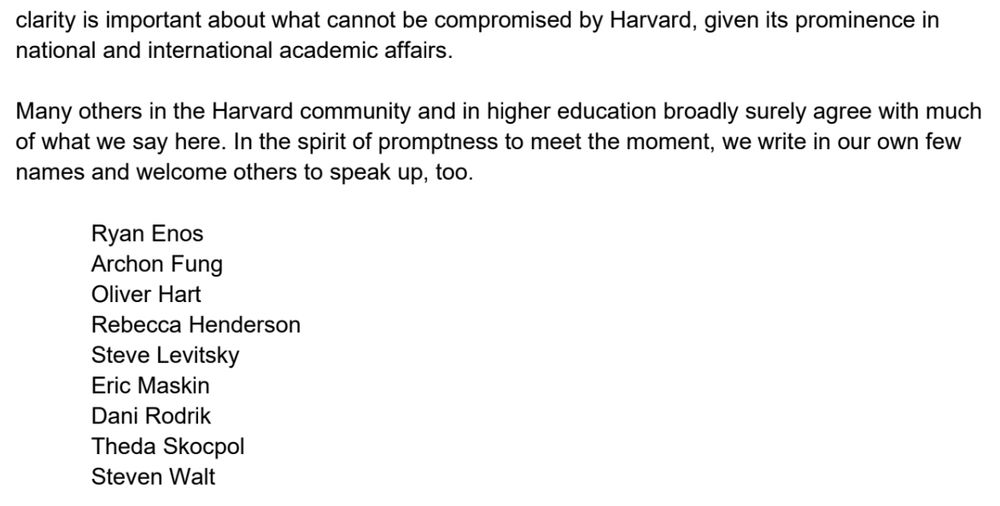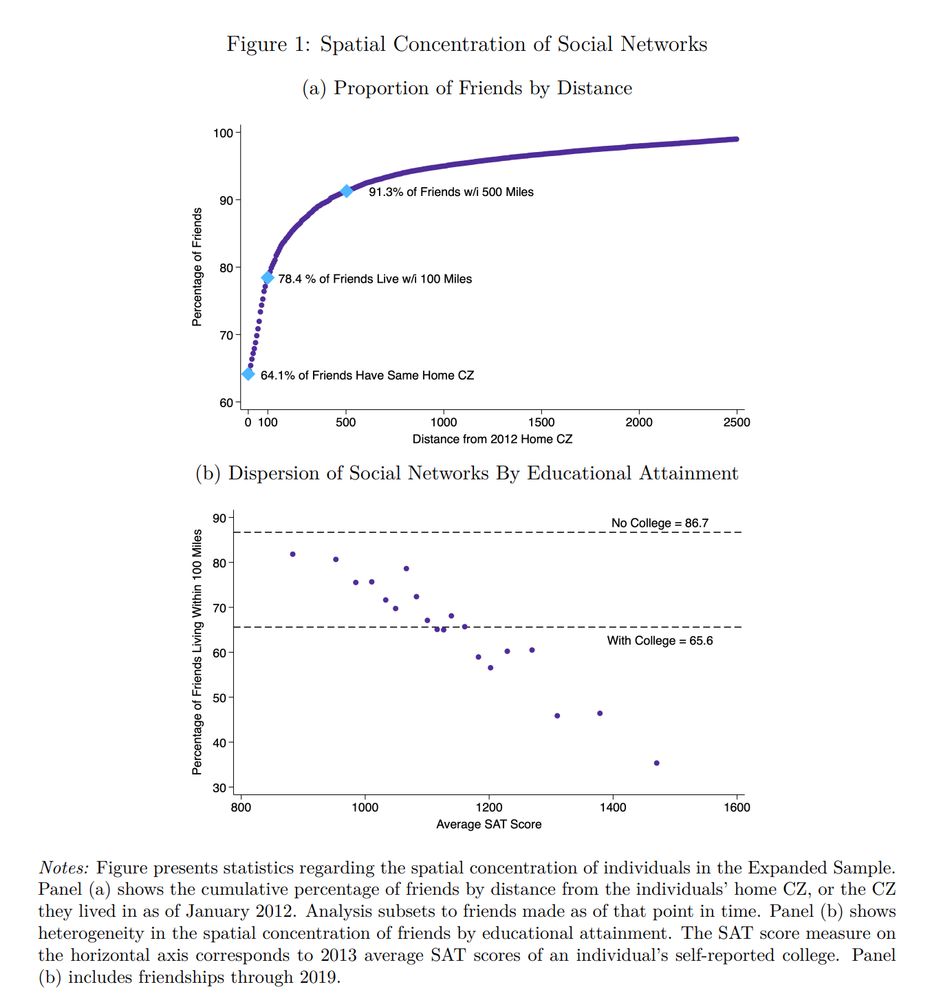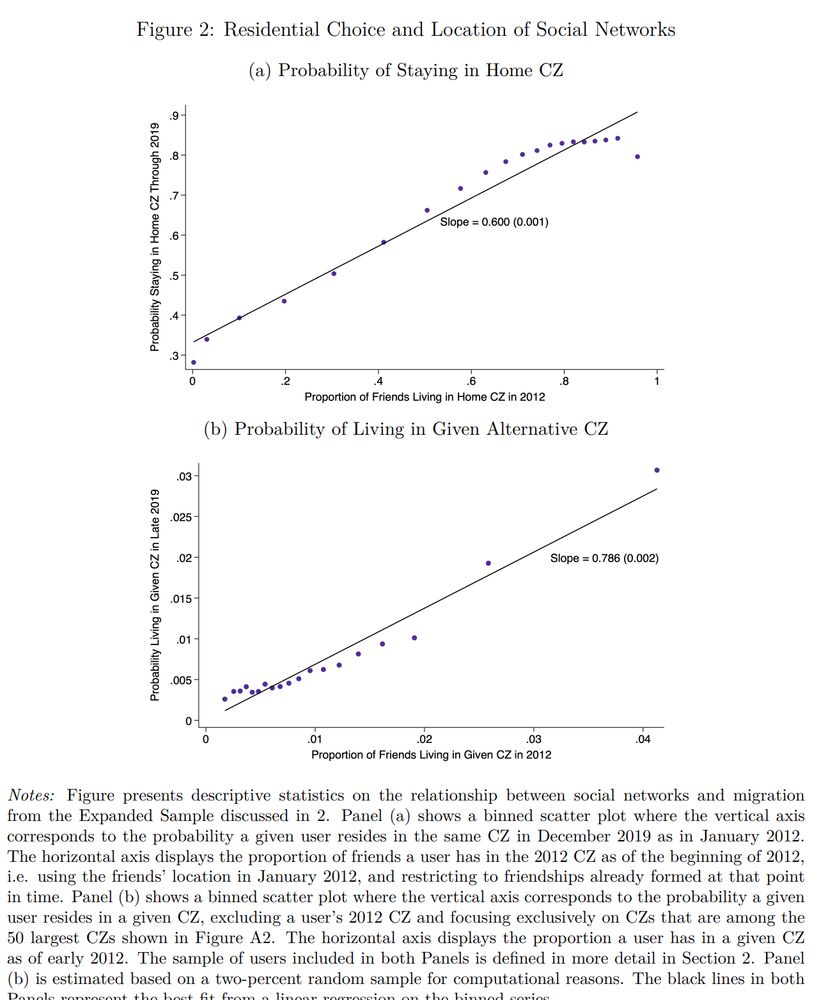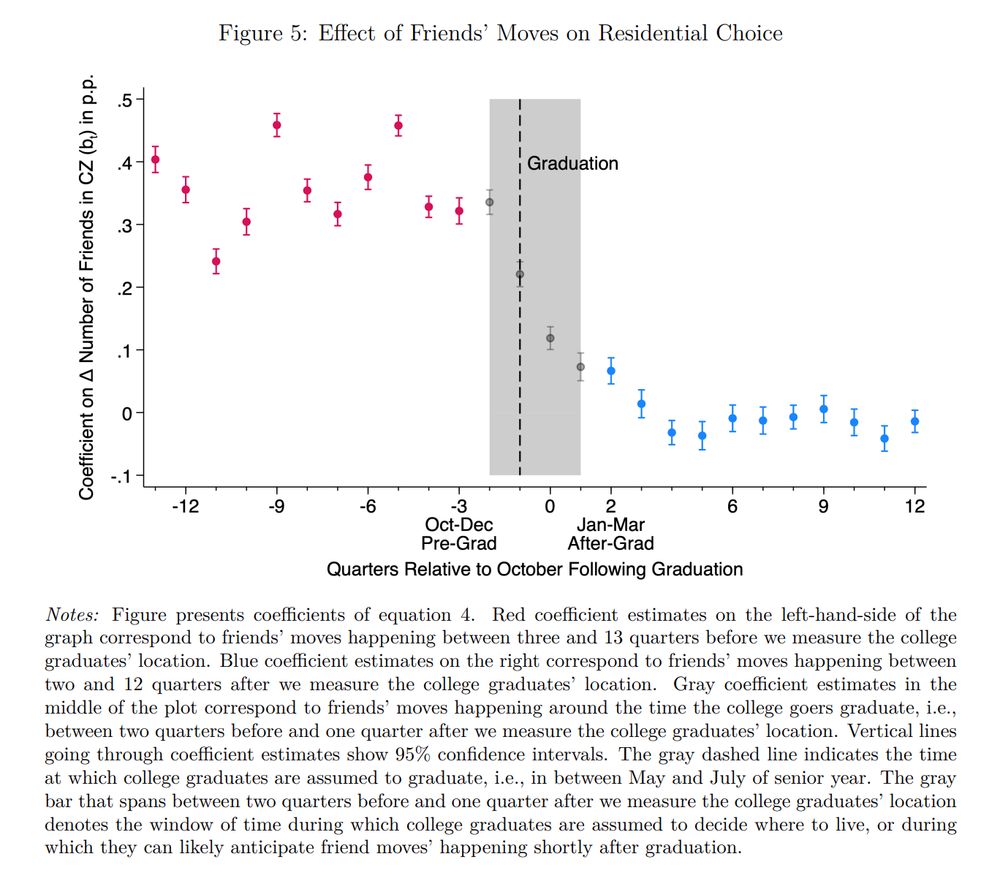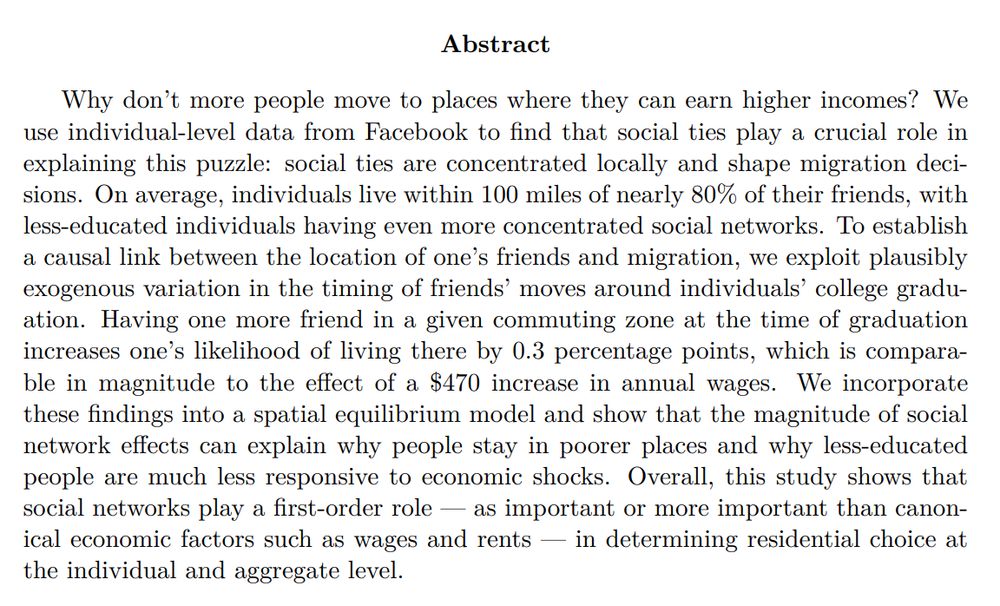A federal judge compiled a list of 96 court orders that ICE has violated since January 1: "ICE has likely violated more court orders in January 2026 than some federal agencies have violated in their entire existence."
Abolishing this lawless agency is the bare minimum.
29.01.2026 01:42 — 👍 1 🔁 0 💬 0 📌 0
In principle yes. Data requirements are: individual level Y1, Y2, X (survey); ground-truth joint distribution of X (census); known marginals of Y2 (auxiliary data). Also need svy to include relevant geographic vars to link to ground-truth Y2 (though this can be relaxed, see sec 5 of the paper)
09.01.2026 00:49 — 👍 1 🔁 0 💬 0 📌 0
This post has some more discussion of other methods for incorporating known ground-truth margins in an MRP framework, based on some validation exercises in osf.io/preprints/so...
08.01.2026 23:55 — 👍 5 🔁 3 💬 1 📌 0
OSF
This package is a companion to my paper with Josh Clinton on MRP calibration (osf.io/preprints/so...)
Please let me know if you try it out the package and email me or file a github issue if you find bugs. Thanks!
08.01.2026 23:52 — 👍 2 🔁 0 💬 0 📌 0
This function also works to implement the "logit shift" calibration with a single outcome — e.g. to ensure your subgroup estimates of vote choice are consistent with known election outcomes.
08.01.2026 23:52 — 👍 0 🔁 0 💬 1 📌 0

Picture of R package documentation for argument called "method":
Calibration method, either "plugin" or "bayes". Plug-in estimates use posterior means of predictions and correlations across outcomes to compute logit shifts for calibration. Bayesian estimates compute the logit shifts separately for each posterior draw, which are then summarized. Defaults to "plugin".
The package supports both full Bayesian calibration (i.e. calibrating each draw from the posterior) as well as a plug-in estimator which works with posterior summaries.
08.01.2026 23:52 — 👍 1 🔁 0 💬 1 📌 0

Example code that implements a brms multilevel model with multivariate outcomes.

example of syntax for calibrate_mrp() function
calibratedMRP provides a high-level interface for doing this type of calibration. First, specify a `brms` multilevel regression model. Second, call the `calibrate_mrp()` function to calibrate cell-level estimates to known geographic margins. Third, poststratify to the target groups.
08.01.2026 23:52 — 👍 1 🔁 0 💬 1 📌 0
calibratedMRP implements a calibration procedure that accounts for known margins of Y2 to improve estimates of Y1.
Intuition: if your MRP model overestimates Biden vote share, it probably overestimates liberal policy attitudes too. The method implemented here accounts for this discrepancy.
08.01.2026 23:52 — 👍 0 🔁 0 💬 1 📌 0
Suppose you have a survey that measures policy attitudes (Y1) alongside demographics (X) and related behavior (Y2). You have population data on the joint distribution of X from the census, but only coarse geographic aggregates (e.g. election results) of Y2.
08.01.2026 23:52 — 👍 0 🔁 0 💬 1 📌 0

BJPolS abstract from a scholarly article about the perceived foreign policy failures of the US in Afghanistan and its impact on global perceptions of US leadership. The text mentions a survey across 24 countries and findings on changes in favorability after the fall of Kabul on 15 August 2021.
NEW -
Foreign Policy Failures and Global Attitudes Towards Great Powers: Evidence from the US Withdrawal from Afghanistan - https://cup.org/3YSsX4N
- @rachelmyrick.bsky.social & @wpmarble.bsky.social
#OpenAccess
02.01.2026 10:10 — 👍 5 🔁 2 💬 0 📌 0
blog post: 3rd helpings of the logit shift
You have multiple outcomes, but only some have aggregate truth to shift to.
How can we calibrate our estimates of p(y_1, y_2 | X) to aggregate data about E[y_1] ?
@wpmarble.bsky.social and Josh Clinton have ideas !
16.12.2025 22:15 — 👍 4 🔁 2 💬 0 📌 0

New paper in @ajpseditor.bsky.social. Is descriptive representation good for substantive representation? Why do voters stay loyal to corrupt and poorly governing ethnic parties? I argue that we ought to focus less on patronage and more on dignity concerns. Defiant pride can come at a price. 1/🧵
08.12.2025 22:01 — 👍 112 🔁 39 💬 3 📌 5
I have never seen Casablanca [embarrassing admission] but am resolved to watching it this week
21.11.2025 20:47 — 👍 2 🔁 0 💬 1 📌 0

My new op-ed with @lkfazio.bsky.social:
Trump sent a 'compact' to our universities. They should reject this devil's bargain.
Any institution that yields to these broad and intrusive demands would forever be subservient to the whims of the government.
www.msnbc.com/opinion/msnb...
06.10.2025 23:48 — 👍 647 🔁 210 💬 11 📌 10
Absolutely momentous day for California. We're turning the corner on housing at the very moment America needs us to.
12.09.2025 22:25 — 👍 83 🔁 15 💬 0 📌 1
Job/life update: Today was my last day at Penn, where I've been lucky to teach amazing students and work with great colleagues for the past 3 years. This fall, I'll join @hooverinstitution.bsky.social as a Hoover Fellow—I'm excited to join a vibrant, interdisciplinary community of scholars there.
01.08.2025 19:22 — 👍 6 🔁 0 💬 2 📌 0
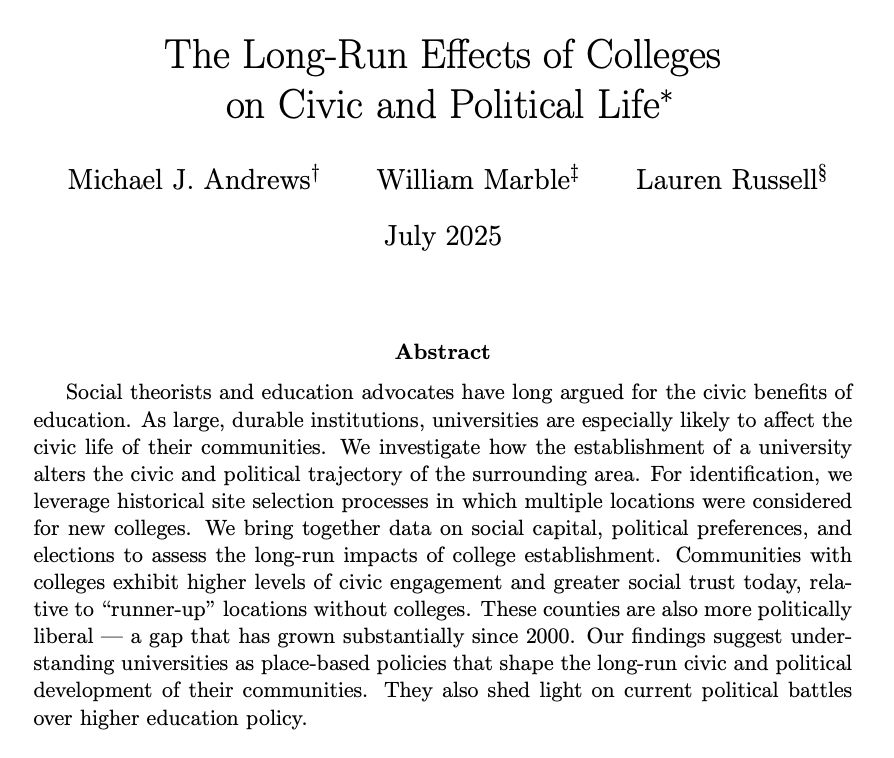
Screenshot of title page.
"The Long-Run Effects of Colleges on Civic and Political Life" by Michael J. Andrews, William Marble, and Lauren Russell.
Abstract: Social theorists and education advocates have long argued for the civic benefits of education. As large, durable institutions, universities are especially likely to affect the civic life of their communities. We investigate how the establishment of a university alters the civic and political trajectory of the surrounding area. For identification, we leverage historical site selection processes in which multiple locations were considered for new colleges. We bring together data on social capital, political preferences, and elections to assess the long-run impacts of college establishment. Communities with colleges exhibit higher levels of civic engagement and greater social trust today, relative to “runner-up” locations without colleges. These counties are also more politically liberal — a gap that has grown substantially since 2000. Our findings suggest understanding universities as place-based policies that shape the long-run civic and political development of their communities. They also shed light on current political battles over higher education policy.
Universities often serve as "anchor institutions" that deeply affect the character of their communities. In a new paper, we estimate how (and when) the establishment of a college influences local political and civic life. 🧵
osf.io/preprints/so...
17.07.2025 21:43 — 👍 30 🔁 10 💬 1 📌 4
Nothing more American than getting a head start on work by taking a meeting in your car while you commute to work by yourself
24.07.2025 16:15 — 👍 2 🔁 0 💬 0 📌 0
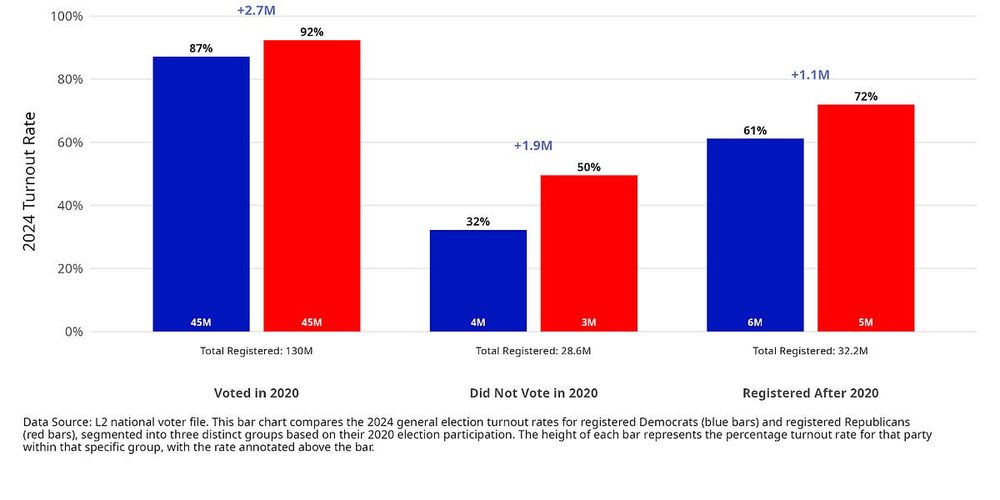
On Data and Democracy (Mid-Year Roundup): Charting the Assault on American Democracy and A Path Forward
A narrative of a democracy in the balance, told through 29 data visualizations.
Been a busy year in the data mines.📊 Just published my mid-year roundup: 29 data visualizations on the state of US democracy, tracking everything from judicial resistance to billionaire influence to why Dems have a mobilization crisis, not a moderation problem.
All charts free to use:
19.07.2025 15:44 — 👍 225 🔁 102 💬 11 📌 24
The current administration's attacks on universities risk undermining engines of civic life, just as they harm innovation and prosperity. Places with colleges are more liberal, yes, but colleges also promote the types of social capital that we need.
17.07.2025 21:43 — 👍 1 🔁 0 💬 0 📌 0
These results contribute to a literature that understands universities as place-based institutions. We know that they profoundly affect the local economy, as economists (including my co-authors) have shown. This paper documents how universities contribute to the civic life of a community as well.
17.07.2025 21:43 — 👍 2 🔁 0 💬 1 📌 0
Are universities distinctive, or would any large public investment generate the same results in the long run? Using a subsample where the runner-up location got a "consolation prize" (eg a state capital or penitentiary), we find that universities are indeed distinctive on most of our outcomes.
17.07.2025 21:43 — 👍 1 🔁 0 💬 1 📌 0
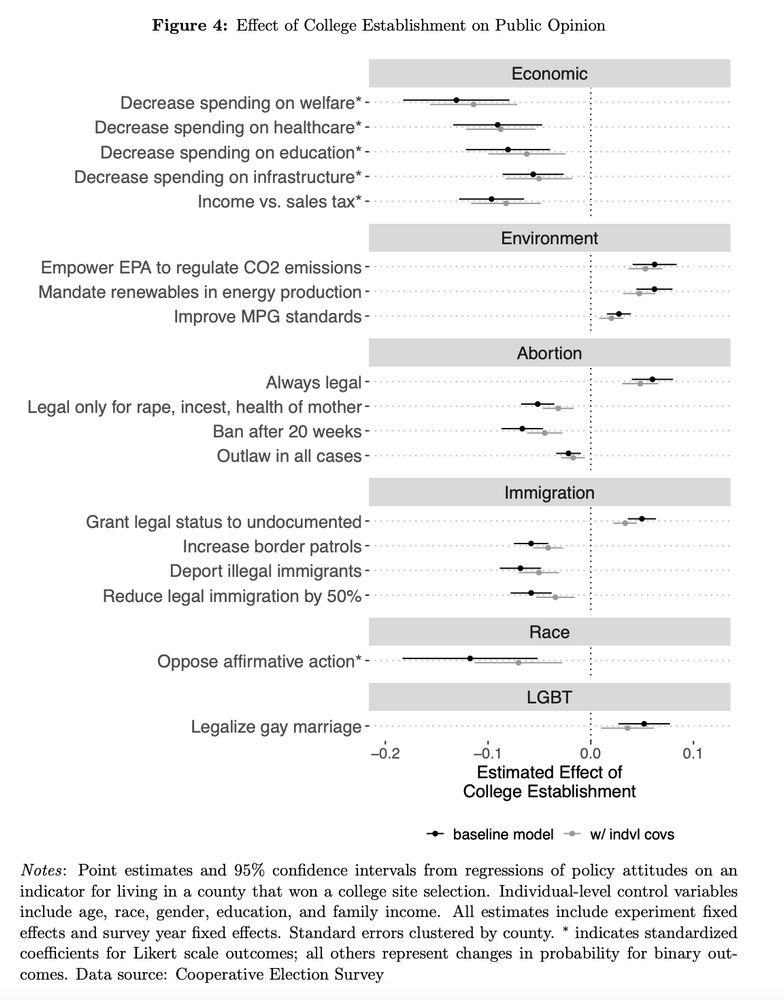
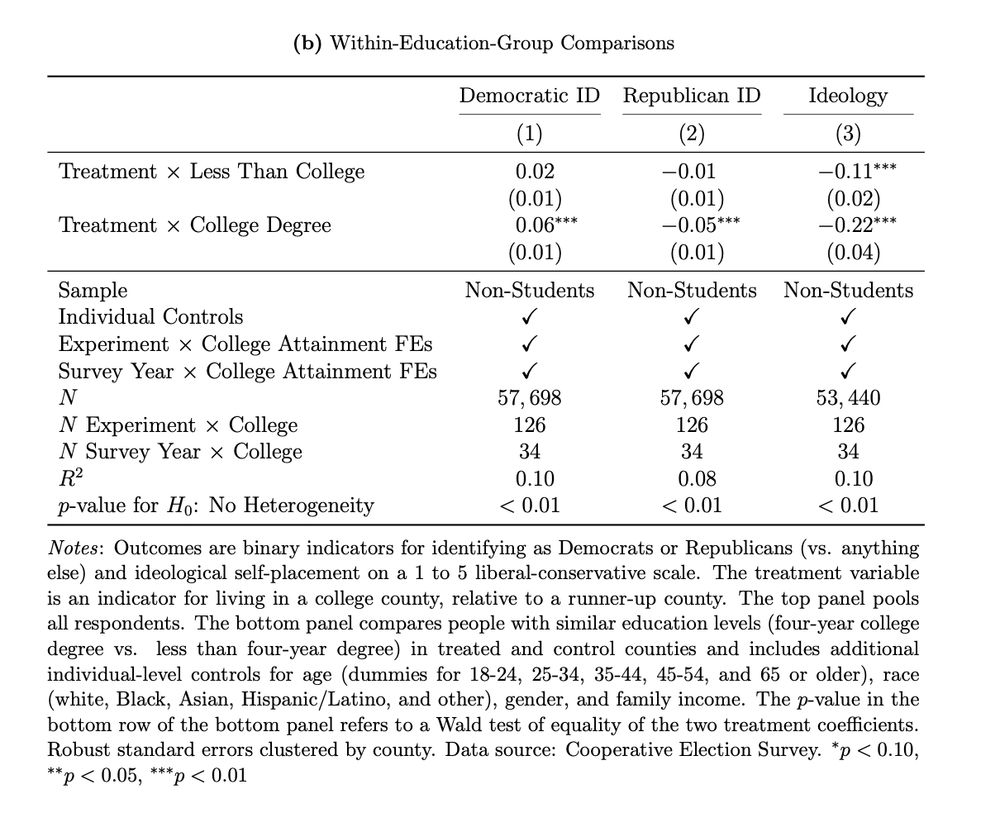
There are also differences in contemporary public opinion: people living near colleges are more liberal on a range of issues. These attitudinal differences are not solely driven by the presence of students nor by differences in the average educational attainment in the community.
17.07.2025 21:43 — 👍 1 🔁 0 💬 1 📌 0
hi i'm @annierau.bsky.social i love wikipedia! dm submissions if you want :-)
Minnesota, data, transit/urbanism, miscellaneous ramblings
Paradigmatically promiscuous scientist. Ankylosaur enthusiast. Modeler of cultural evolution and related topics. Anti-fascist. Professor at UC Merced and the Santa Fe Institute.
Web: https://smaldino.com/wp/
Professor of political science. Willing expat becoming an unwilling emigre. Essentially millennial, analytically millenarian. https://musgrave.substack.com
Postdoc at Columbia Business School studying partisan sorting at work.
https://www.maxkagan.com/
Political scientist; Associate Professor at New York University. Author of “Envy in Politics” and “From Pews to Politics.” Founder of Identities&Ideologies Project at NYU. https://sites.google.com/site/gwynethmcclendon/
Prof @ Northwestern law, political theorist, cat parent. Black lives matter.
Profile, pubs, etc: https://gowder.io
All my books (rule of law, racial justice, platform governance) are downloadable in free open access pdf @ https://books.gowder.io
I do research on the role of migration in politics. Associate Professor at UCL. Previously Texas A&M, Immigration Policy Lab and University of Mannheim. moritz-marbach.com
Political scientist at UCLA / Social Cohesion / Social Justice / Field Experiments / 🇪🇬 / 🤘🏽 / ⚽️
Texas. Senior director of polling at YouGov. Adviser to Young Men Research Initiative.
johnlray.github.io
Political scientist at Monash University working on settler colonialism, migration, and political violence. Following the crowd here
www.LachlanMcNamee.com
today we directly purchased Argentine pesos
Blogging at https://someunpleasant.substack.com/
A community of mere liberals. Discussing, defending, and applying the many varieties of liberalism. liberalcurrents.com
Fishtown dad, urbanist, writer, connector. Policy and Advocacy director at Build Philly Now. Co-founder @5thsq
Daniel Nichanian. Editor in chief of @boltsmag.org (follow us!). Elections, (local) politics, voting rights, criminal justice, and drag race.
A publication that covers the nuts and bolts of political change: Boltsmag.org
Covering tech policy @theverge.com | Formerly @CNBC.com | she/her | Tips? Find me on Signal @ laurenfeiner.64 (no PR pitches via Signal please)
sociology phd candidate @duke | https://tkeskinturk.github.io/









